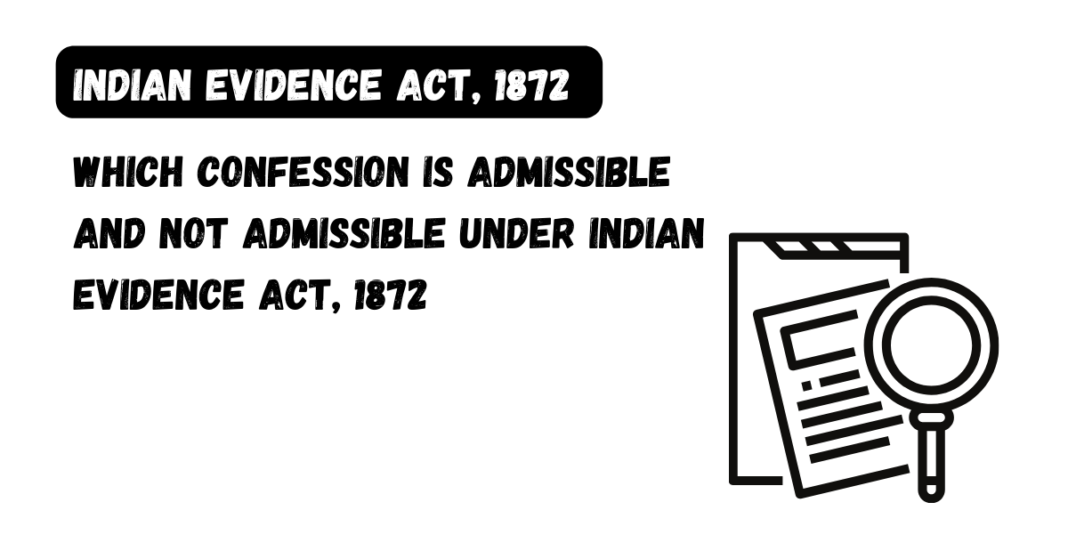Under the Indian Evidence Act, 1872, the admissibility of confessions depends on the circumstances under which they are made.
Admissible Confessions
Confessions made before a Magistrate (Section 164)
Confessions made voluntarily before a Magistrate are generally admissible in court. The Magistrate must ensure that the confession is made without any inducement, threat, or promise. The accused person must also be made aware of their right to remain silent and that the confession may be used against them.
Confessions made in the presence of a Magistrate (Section 164)
If a confession is made by the accused in the immediate presence of a Magistrate, it may be admissible in court. The Magistrate must certify that the confession was made voluntarily.
Confessions leading to the discovery of facts (Section 27)
If a person accused of an offence voluntarily gives information leading to the discovery of a material fact, such confessions may be admissible in court. However, only the part of the confession that relates to the discovery of the fact is admissible, while the rest may be excluded.
Not Admissible Confessions
Confessions made to a police officer (Section 25)
Confessions made to police officers are generally considered inadmissible as evidence against the accused person. Section 25 of the Indian Evidence Act states that such confessions are irrelevant and cannot be proved as against the accused. This is to prevent the possibility of coercion or undue influence by law enforcement.
Confessions obtained through inducement, threat, or promise
If a confession is obtained by any form of inducement, threat, or promise, it may be considered involuntary and therefore inadmissible in court. Confessions must be made voluntarily without any external pressure to be admissible.
Confessions obtained through torture or oppression
Confessions obtained through torture, physical or mental oppression, or any form of coercion are not admissible in court. The use of such methods to extract confessions is prohibited and violates the accused person’s rights.
Confessions made by a mentally unsound person
If a confession is made by a person who is mentally unsound and incapable of understanding the nature and consequences of their statement, it may be deemed inadmissible.





